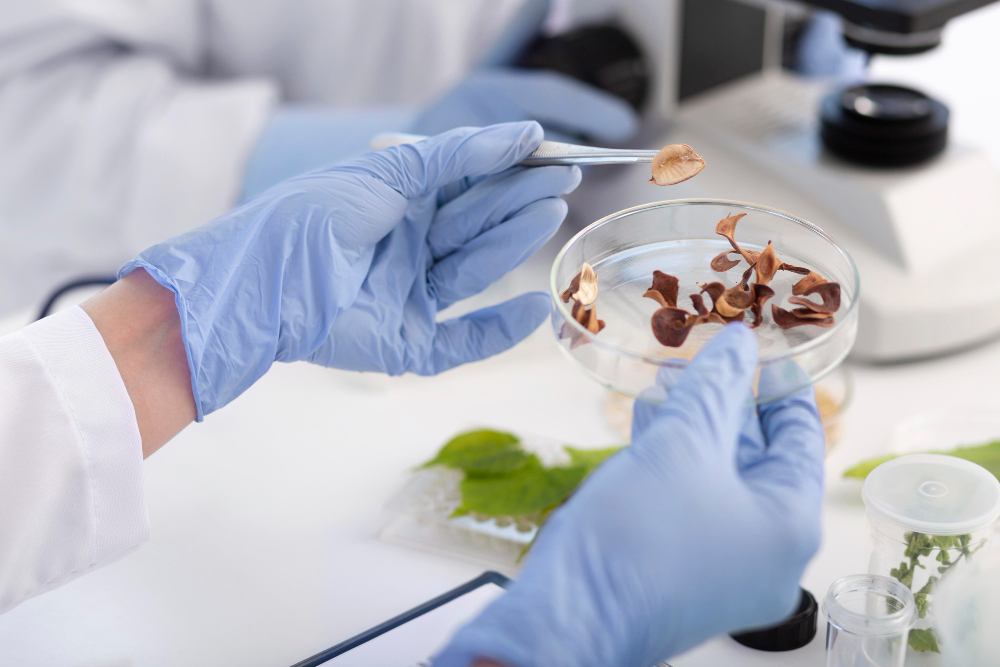Traditional medicines, rooted in the cultural and historical practices of various societies, have been used for centuries to treat a wide range of ailments. While these therapies have often been passed down through generations, their efficacy has been a subject of ongoing debate and scientific inquiry. In recent years, there has been a growing interest in conducting clinical trials to evaluate the effectiveness of traditional medicines. This article will review the latest research on the efficacy of traditional therapies.
Challenges in Conducting Clinical Trials of Traditional Medicines
Conducting clinical trials of traditional medicines can present unique challenges compared to trials of conventional pharmaceuticals. Some of these challenges include:
- Standardization : Traditional medicines often lack standardized formulations and dosages, making it difficult to control variables in clinical trials.
- Placebo Effect : The cultural and historical significance of traditional medicines can influence patient expectations, potentially leading to a placebo effect.
- Ethical Considerations : There may be ethical concerns related to the use of traditional medicines, particularly if they contain potentially harmful substances.
- Resource Constraints : Conducting clinical trials can be expensive and time-consuming, and resources may be limited, especially in developing countries where many traditional medicines originate.
Recent Research Findings
Despite these challenges, numerous clinical trials have been conducted to evaluate the efficacy of traditional medicines for various conditions. Some of the key findings from these studies include:
Herbal Medicines : Several herbal medicines have shown promise in treating specific conditions. For example, studies have suggested that:
- Artemisinin-based combination therapies are effective in treating malaria.
- Ginkgo biloba may improve cognitive function in individuals with dementia.
- Echinacea may reduce the duration of common colds.
Traditional Chinese Medicine : Acupuncture and herbal remedies used in Traditional Chinese Medicine have been studied for their potential benefits in treating various conditions, including:
- Pain management: Acupuncture has shown efficacy in reducing pain associated with conditions such as chronic low back pain and osteoarthritis.
- Gastrointestinal disorders: Certain herbal remedies may be helpful in treating digestive issues like diarrhea and constipation.
Ayurveda : Ayurvedic therapies, originating from India, have also been investigated for their potential therapeutic effects. Some studies have suggested that:
- Triphala may improve gastrointestinal health.
- Ashwagandha may reduce stress and anxiety.
Future Directions
While the research on traditional medicines is promising, more rigorous clinical trials are needed to establish their efficacy and safety. Future research should focus on:
- Standardization : Developing standardized formulations and dosages for traditional medicines to ensure consistency and reproducibility.
- Methodological Rigor : Employing rigorous research methodologies, including randomized controlled trials, to minimize bias and increase the reliability of findings.
- Safety and Toxicity Assessment : Conducting thorough safety assessments to identify potential adverse effects and ensure the safe use of traditional medicines.
- Collaboration : Fostering collaboration between researchers, healthcare providers, and traditional medicine practitioners to accelerate research and development.
Clinical trials of traditional medicines offer a valuable opportunity to evaluate the scientific basis for these ancient therapies. While significant progress has been made, further research is needed to fully understand their efficacy, safety, and potential role in modern healthcare. By addressing the challenges and investing in rigorous research, we can harness the potential of traditional medicines to improve health outcomes for people around the world.





